
No one is ready for the reality of raising twins. When you get pregnant you have all sorts of doubts, concerns, and lets be honest, absolute freak-outs. Even if a pregnancy was planned, it is still totally terrifying when the pee stick turns positive. Now imagine you go to the doctor for your first ultrasound and SURPRISE! There is not one, but TWO babies in there! Cue a minor (or not so minor) melt down. Lots of new parents-to-be are getting that happy/terrifying news as more twins are being born than ever before. Recent findings show that the rate of twin births rose 76% over the last 2 decades; now 1 in every 30 babies born in the US is a twin. This increase is likely due to the rise in fertility treatments and reproductive technology such as IVF. That, combined with women getting pregnant later in life (you are more likely to have twins if you are over 35 years old) explains to some degree why there are so many more twins entering the world.
Read Related: Youth Truth: 8 Ways to Think About Teen Parenting This Year
So if you are having twins, what is in store for you? When it comes to having twins there are inherent risks, but there are also amazing rewards. Can you say double the love? Let’s talk about the risks first. Any pregnancy has its risks, but when a woman is carrying multiples there are added challenges. Normal concerns become amplified as your body works double overtime to support two growing babies.
There’s the size factor: the size of the mother and the size of the babies. Pregnant women gain weight—the American Congress of Obstetricians and Gynecologists recommends that a woman who is starting at a normal weight gain anywhere from 25-35 pounds during her pregnancy. But when you are carrying twins that number goes up to 35-45 pounds, and if you gain too much you could put your health at risk, you could increase your chances of developing gestational diabetes and you may encounter complications during delivery.
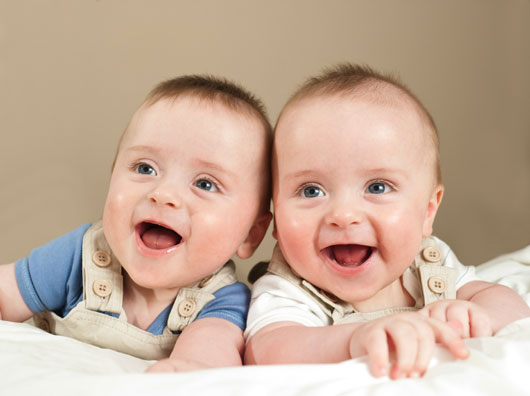
And then there is the size of the babies to worry about; while the average single baby weights about 7 pounds, the average twins are born weighting 5.5 pounds each, and anything under 5.5 pounds is considered to be a low (and potentially dangerous) birth weight. You also have to be careful about a preterm delivery. 40 weeks is considered to be full-term for singleton pregnancies, but typically twin pregnancy usually only lasts 36 weeks and preterm births come with potential complications, since the baby does not have as much time to develop in the womb.
Now onto to the good stuff, because when you have twins there is a lot of good to look forward to. First of all, if you were planning to have two children, you kill two birds with one pregnancy. Think of it as a one-two punch…you only have to deal with pregnancy and suffer through childbirth one time, and you get two adorable babies at the end. In addition, your twins will have a built-in best friend for life. Not only are they siblings, but they are the same EXACT age. Imagine having a best friend and partner in crime who is your age and sleeps a few feet away from you. They will entertain each other, comfort each other and support each other forever.
Your twins will also have an undeniable bond from even before they enter this world in all their peeing/pooping/crying glory. Some twins hold hands and cuddle in the womb (no we’re not kidding) and that closeness continues even after you give birth. Take these newborn twins, who refuse to stop hugging one another. Heart. Is. Bursting.
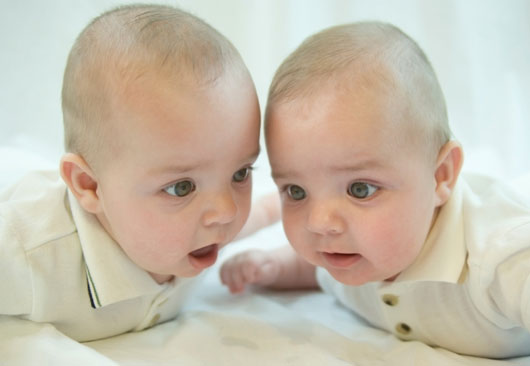
Another piece of proof that twins have a special bond is how they communicate. For decades doctors have been baffled by the way that twins often develop their own language. Also called cryptophasia, twins tend to mimic the sounds and tones they hear, resulting in a phenomenon called twin speak. And while all children may develop language in a similar fashion, Dr. Stephen Camarata, professor of hearing and speech sciences at Vanderbilt University School of Medicine notes in a NY Times piece, “what’s special about the twins’ exchange is that each baby has a peer with whom to practice language.”
Yet another perk? When you are raising twins you can take care of two babies but only invest in one piece of baby gear. They can share a changing table, a bathtub, baby monitor, breast pump, activity mat/toys, and if they are the same sex, they can even share clothes. Clearly some items you’ll need to double up on (cribs, high chairs, car seats etc.) but your twins will learn the art of sharing at a very young age.
Bottom line: there is a lot about pregnancy, childbirth and parenting that is scary, and it’s hard work no matter how you slice it. Having twins can be doubly challenging, but it can also be twice as nice.

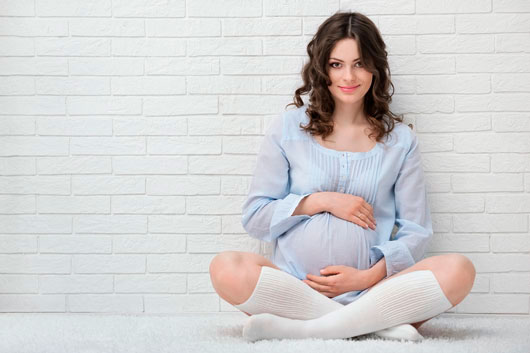
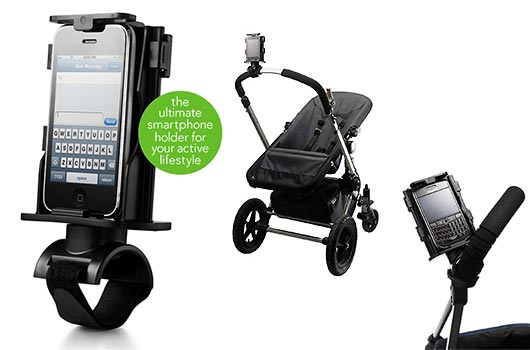
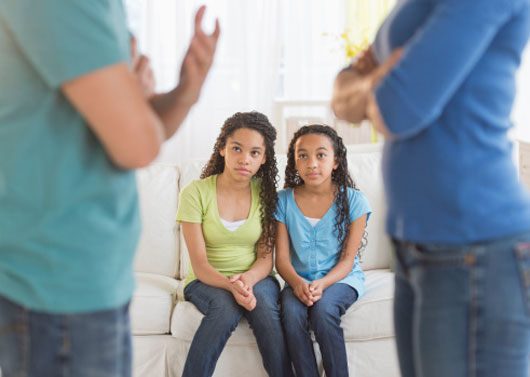


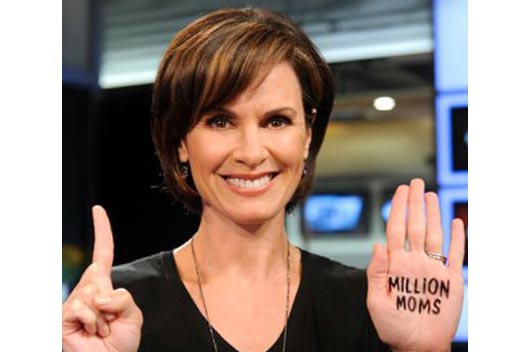

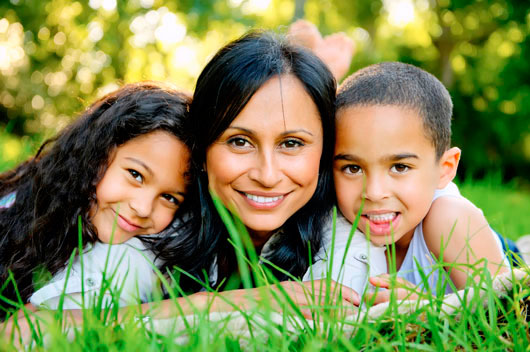



Leave a Reply
Want to join the discussion?Feel free to contribute!